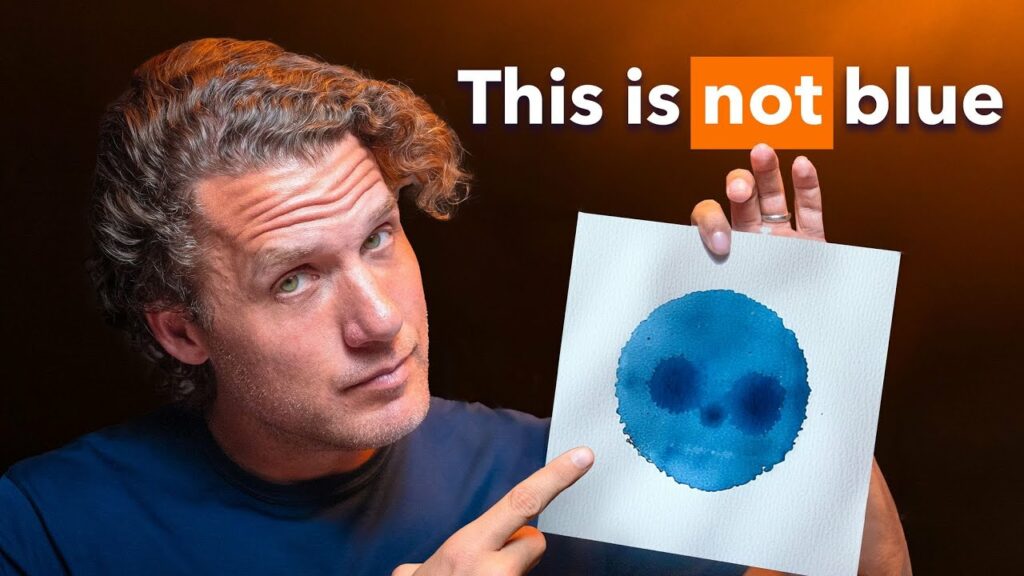The Blue Dot Effect: Why Things Always Seem Worse Than They Are – Mark Manson

The Blue Dot Effect: Understanding Why Things Seem Worse Than They Are Exploring the Psychological Phenomenon That Skews Our Perception In today’s world, many people feel that things are getting worse, even though objective measures indicate improvement in various aspects of life. This paradox can be explained by a fascinating psychological phenomenon known as the […]
Mark Manson Podcast – THE SUBTLE ART OF NOT GIVING A F*CK

Exploring the “Mark Manson Podcast – THE SUBTLE ART OF NOT GIVING A F*CK” Insights and Highlights from the Podcast That Challenges Conventional Self-Help Introduction Mark Manson, the bestselling author of “The Subtle Art of Not Giving a F*ck,” extends his no-nonsense approach to personal development through his engaging podcast. This podcast delves into various […]
